
Find Help
More Items From Ergsy search
-

Are there any exceptions to a hosepipe ban?
Relevance: 100%
-

Is a hosepipe ban legally enforceable?
Relevance: 73%
-
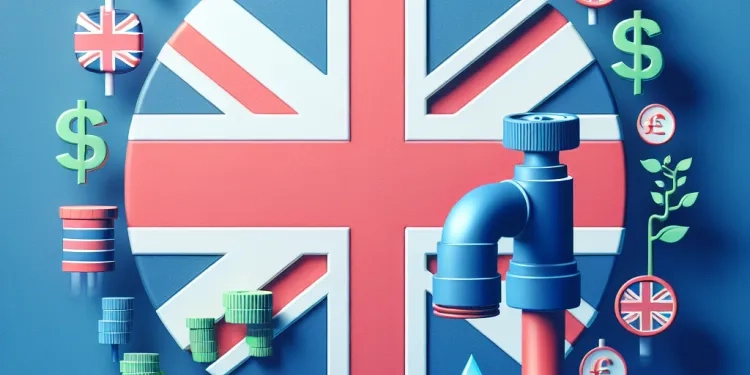
Is a hosepipe ban legally enforceable?
Relevance: 71%
-
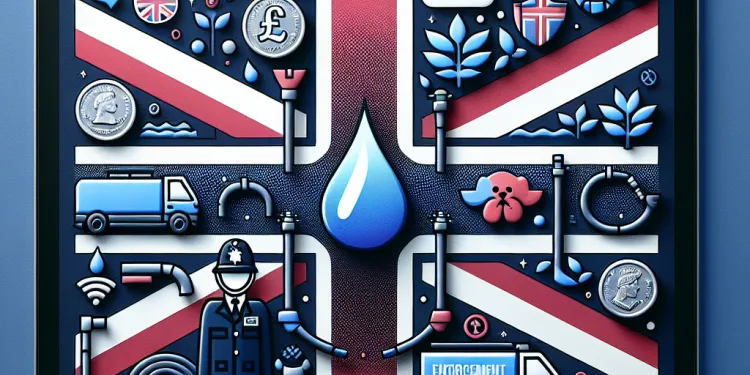
Who enforces hosepipe bans?
Relevance: 69%
-
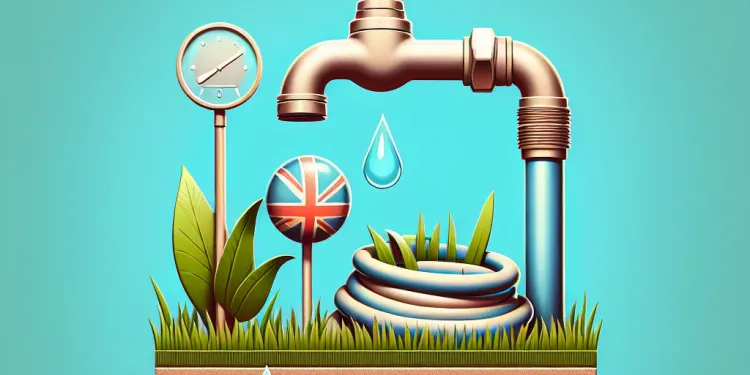
What is a hosepipe ban?
Relevance: 68%
-
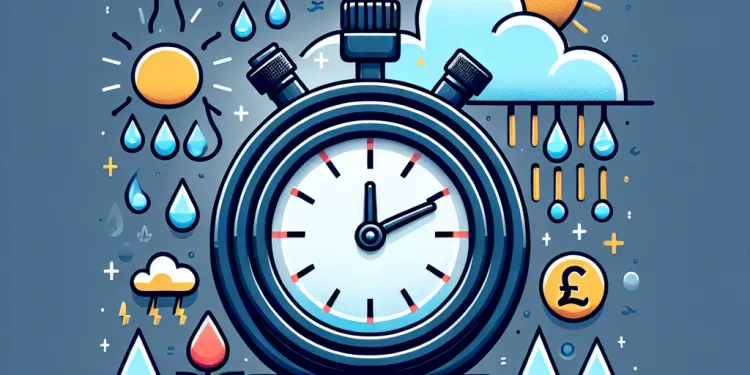
How long do hosepipe bans last?
Relevance: 66%
-
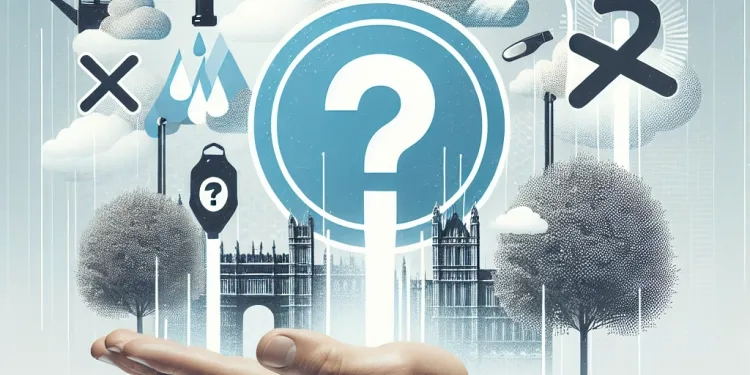
Is using a pressure washer allowed during a hosepipe ban?
Relevance: 66%
-
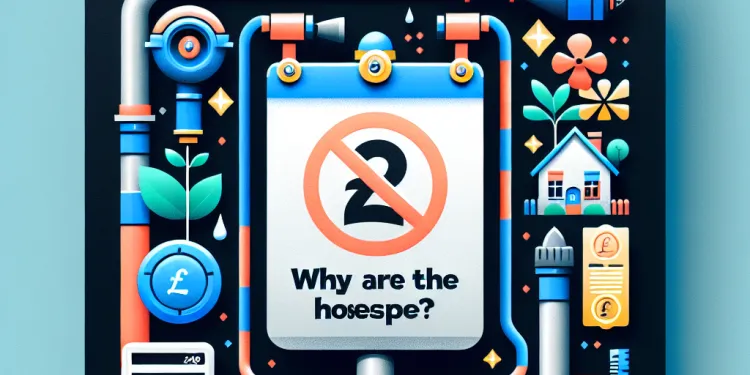
Why are hosepipe bans imposed?
Relevance: 66%
-
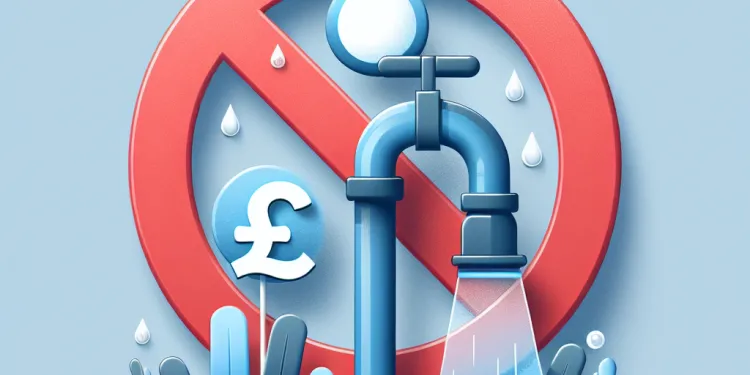
What happens if a hosepipe ban is ignored?
Relevance: 64%
-

How can I check if there is a hosepipe ban in my area?
Relevance: 63%
-

Do hosepipe bans apply to public parks and gardens?
Relevance: 63%
-
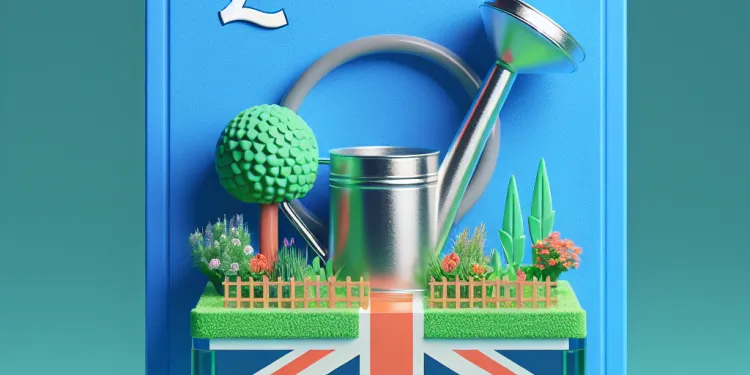
Can I use a watering can during a hosepipe ban?
Relevance: 62%
-
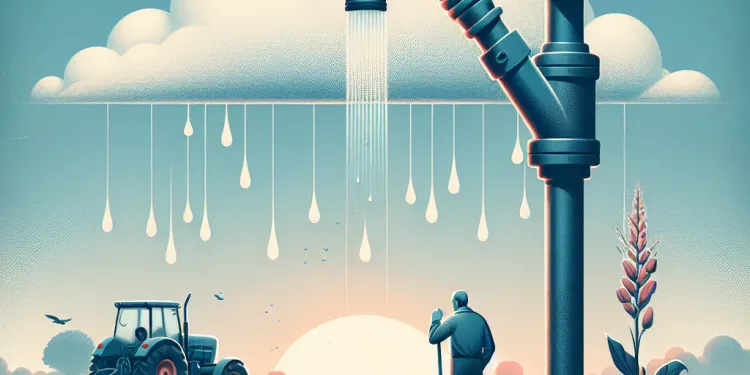
How do hosepipe bans affect farmers?
Relevance: 62%
-
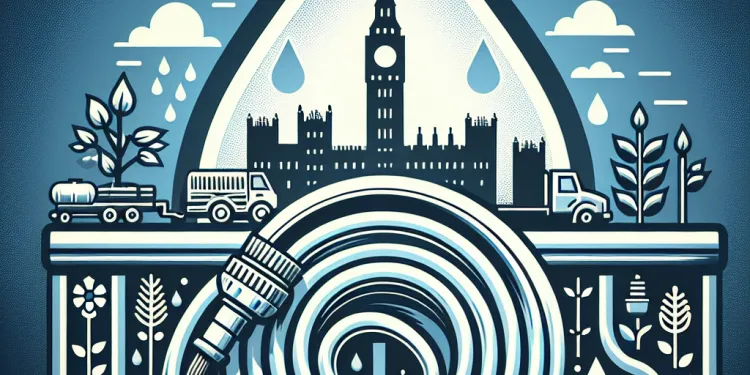
How are hosepipe ban restrictions communicated to the public?
Relevance: 61%
-

What is the penalty for violating a hosepipe ban from Thames Water?
Relevance: 58%
-
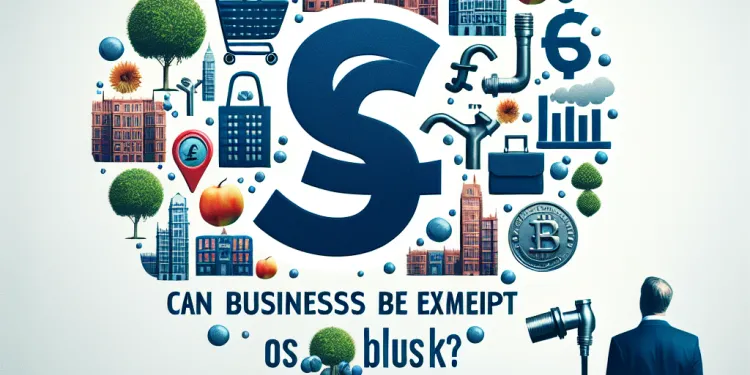
Can businesses be exempt from hosepipe bans?
Relevance: 58%
-

Does Thames Water enforce a hosepipe ban more than other water authorities?
Relevance: 58%
-

Can water companies enter my property to enforce a hosepipe ban?
Relevance: 58%
-
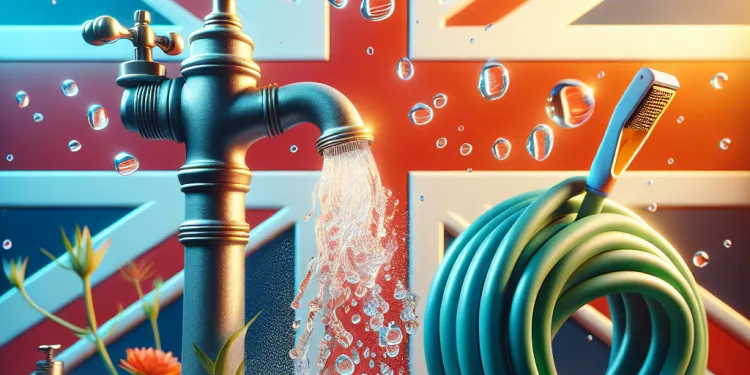
Does Thames Water notify customers before a hosepipe ban is enforced?
Relevance: 58%
-

Under what conditions does Thames Water typically impose a hosepipe ban?
Relevance: 54%
-

Does Thames Water impose hosepipe bans more frequently than other water authorities?
Relevance: 54%
-

Can hosepipes be used for irrigation during a ban?
Relevance: 48%
-
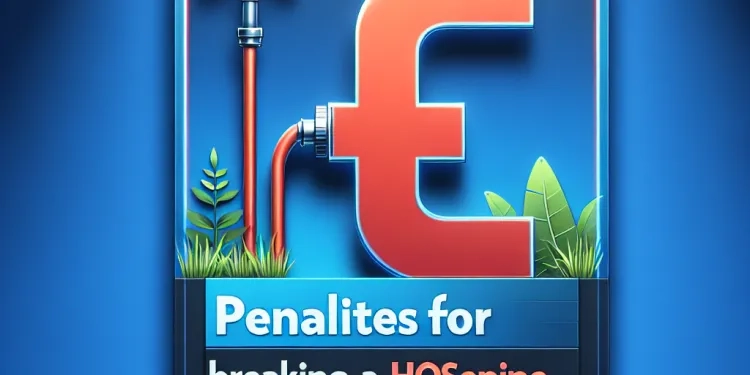
What are the penalties for breaking a hosepipe ban?
Relevance: 44%
-
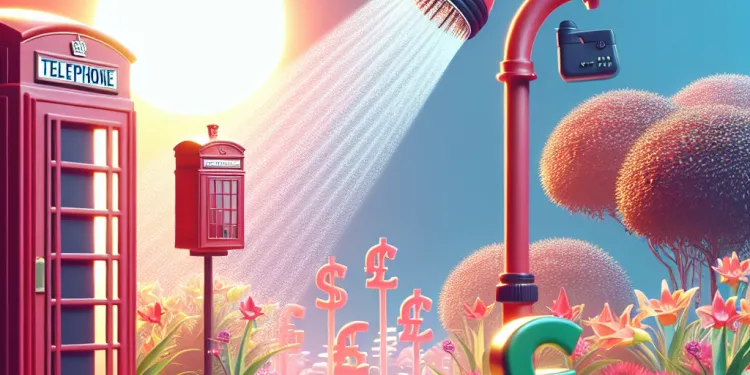
Do hosepipe bans apply to all regions in a country?
Relevance: 42%
-

Can I report a neighbor for using a hosepipe during a ban?
Relevance: 41%
-
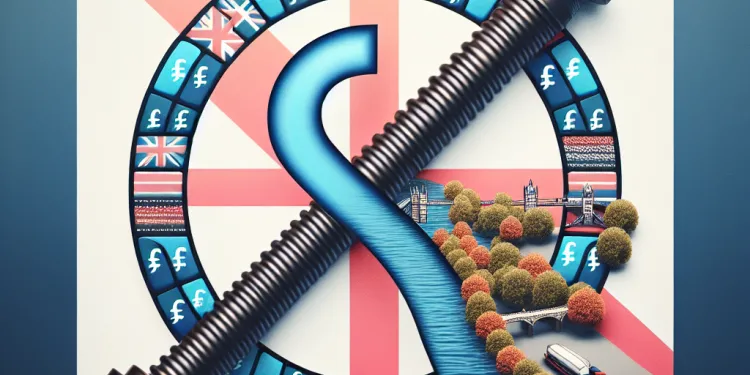
How often does Thames Water enforce hosepipe bans?
Relevance: 40%
-

What is the social media ban for children in Australia?
Relevance: 30%
-

Are there any exceptions to my right to access my medical records?
Relevance: 30%
-

Who is pushing for a social media ban for under 16s in the UK?
Relevance: 29%
-
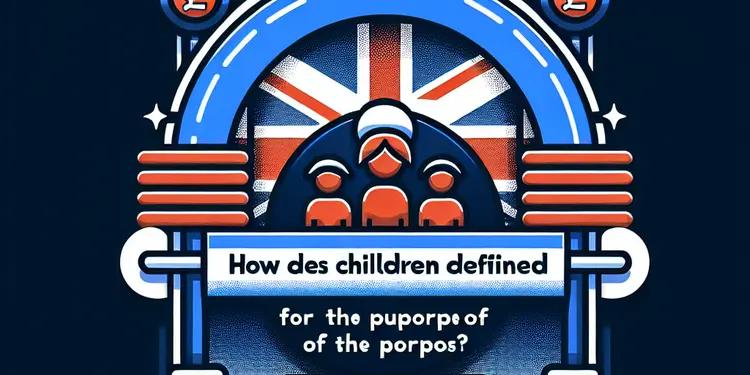
How are children defined for the purpose of this ban?
Relevance: 29%
-
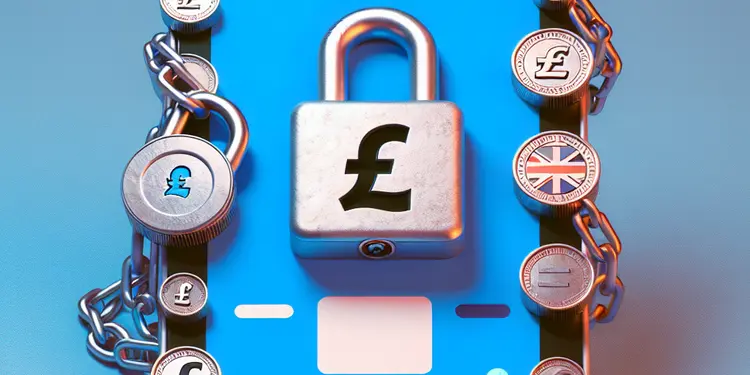
What would a social media ban for under 16s in the UK entail?
Relevance: 28%
-

What role do schools play in supporting the social media ban?
Relevance: 28%
-

Why was the social media ban for children implemented in Australia?
Relevance: 28%
-
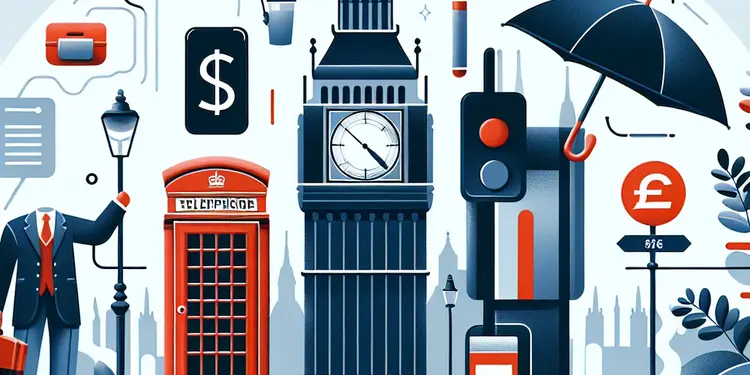
How is the success of the social media ban measured?
Relevance: 27%
-
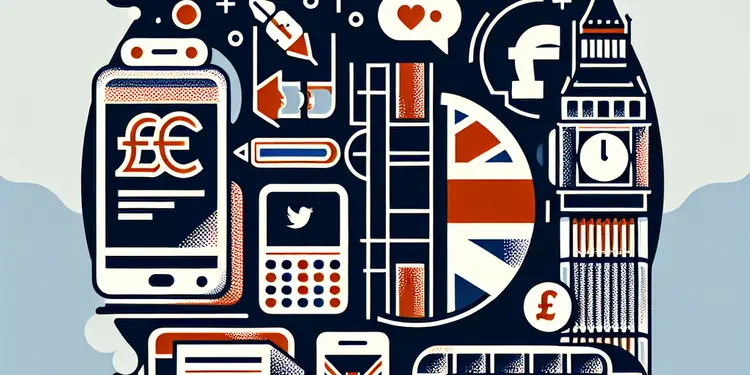
Are there any criticisms of the social media ban for children?
Relevance: 27%
-

What measures were put in place to enforce the social media ban?
Relevance: 27%
-

Is the UK introducing a Social Media ban for under 16's?
Relevance: 27%
-

Can exemptions to a hosepipe ban be appealed?
Relevance: 26%
-
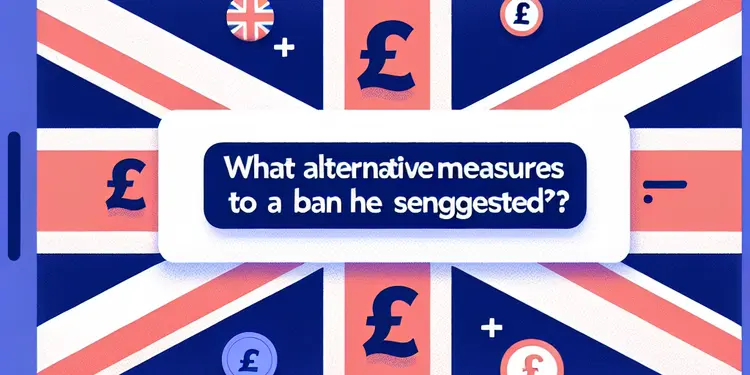
What alternative measures to a ban have been suggested?
Relevance: 26%
-

Is there public support for the social media ban in Australia?
Relevance: 26%
Understanding Hosepipe Bans
In the United Kingdom, hosepipe bans, also known as temporary use bans, are measures implemented by water companies during periods of water scarcity. These bans are designed to conserve water by restricting certain uses in an effort to prevent more severe shortages. Under a hosepipe ban, using a hosepipe for specific activities such as watering gardens, washing cars, and filling pools is prohibited.
Reasons for Exceptions
While the primary goal of a hosepipe ban is conservation, there are several exceptions that recognize the need for water in particular situations. These exceptions are put in place to prevent undue hardship and to protect public health, safety, and livelihood. Recognizing these exceptions helps balance water conservation efforts with essential water uses.
Common Exceptions to Hosepipe Bans
There are a few typical exceptions to hosepipe bans that water companies may permit. One common exception is the use of a hosepipe for business purposes. For instance, commercial car washes are often allowed to continue operating to prevent economic loss or disruption to service activities. Similarly, new gardens in businesses such as plant nurseries and garden centers may need continuous watering to sustain their inventory.
Hosepipes may also be permitted for health and safety reasons. Hospitals, care homes, and similar facilities might be allowed to use hosepipes for cleaning and maintaining hygiene standards. Additionally, those who have difficulty in accessing water without a hosepipe, such as individuals with certain disabilities, may also be allowed to use hosepipes as an exception.
Gardeners and Allotments
In some instances, exceptions are made for allotment holders or commercial vegetable growers who rely on consistent watering for their crops. Exceptions for hosepipe use in these contexts are usually carefully monitored and can depend on regional policies or the discretion of the local water authority.
How to Apply for an Exception
To apply for an exception to a hosepipe ban, individuals or businesses typically need to contact their water provider directly. This usually involves providing details about the specific need for an exception and any evidence supporting the request. Each water company may have its own process and criteria for evaluating and granting exceptions, so it is essential to check with local guidelines.
Conclusion
Hosepipe bans are crucial for managing water resources during times of scarcity, but exceptions are an essential component to ensure fairness and practicality. Whether it's for business purposes, health and safety, or specific personal needs, these exceptions help address the diverse requirements of communities while promoting responsible water use. Individuals and businesses should stay informed about local regulations and how to apply for exceptions when necessary.
Understanding Hosepipe Bans
In the UK, sometimes there is not enough water. When this happens, water companies may start a hosepipe ban. This means people cannot use hoses for things like watering gardens, washing cars, or filling pools. The ban helps save water.
Reasons for Exceptions
The main goal of the ban is to save water. But sometimes, water is needed for important reasons, like staying healthy or keeping jobs. So, there are some exceptions to the ban. These exceptions help make sure that important water uses are still allowed.
Common Exceptions to Hosepipe Bans
Some people and businesses may get special permission to use hoses. For example, car washes might still use hoses so they can keep working. Garden centers might need to water new plants to keep them alive. Also, places like hospitals or care homes might use hoses to keep things clean for health reasons. If a person finds it hard to get water without a hose, like those with certain disabilities, they may also be allowed to use a hose.
Gardeners and Allotments
Some gardeners grow lots of vegetables and need to water them often. They might get permission to use a hose. This depends on local rules or decisions from the water company.
How to Apply for an Exception
If someone needs to use a hose, they should talk to their water company. They will likely need to explain why they need to use a hose and may need to show proof. Each water company has different rules, so it's important to ask them how to get permission.
Conclusion
Hosepipe bans help save water when there isn’t much of it. But sometimes people or businesses need to use a hose for important reasons. By following the rules and asking for an exception, people can help save water while still meeting their needs. It's important to stay informed about the rules in your area.
Frequently Asked Questions
What is a hosepipe ban?
A hosepipe ban is a restriction on using hosepipes, typically introduced during periods of water shortage to conserve water.
Are there any exceptions to a hosepipe ban?
Yes, there are exceptions to a hosepipe ban depending on local regulations and the specific terms of the ban.
Can I use a hosepipe for essential business needs?
Businesses may be exempt from a hosepipe ban if the water usage is essential for their operations and is considered legitimate.
Is watering food crops with a hosepipe allowed?
Watering of food crops may be allowed as an exception, especially if it is necessary for the crops' survival.
Are there exceptions for health and safety reasons?
Yes, there may be exceptions to a hosepipe ban for health and safety reasons, such as cleaning areas to prevent health hazards.
Can I use a hosepipe for animal welfare?
Yes, using a hosepipe may be allowed for animal welfare, especially if it's needed to provide drinking water or clean living conditions for animals.
Is use of hosepipes by disabled individuals or those with mobility issues allowed?
Exceptions may be made for disabled individuals or those with mobility issues, allowing them to use a hosepipe for necessary purposes.
Are public authorities and utilities exempt from a hosepipe ban?
Public authorities and utilities may have exemptions to ensure they can continue to provide essential services.
Can allotment holders use hosepipes under a ban?
Allotment holders might receive exemptions to use hosepipes for the purpose of maintaining their plots, especially if it involves food production.
Is using hosepipes for cleaning vehicles allowed?
Generally, a hosepipe ban prohibits using hosepipes for cleaning private vehicles, but exceptions may exist for businesses providing vehicle cleaning services.
How do I know if there are exceptions to the hosepipe ban in my area?
Check with your local water company for specifics on any exceptions that apply to the hosepipe ban in your area.
Can I fill or maintain a swimming pool during a hosepipe ban?
Typically, filling or maintaining swimming pools is not exempt, though public pools might have exceptions.
Are there exceptions for using hosepipes in sports grounds?
Sports grounds might receive exemptions if the hosepipes are necessary for pitch maintenance and player safety.
Can hosepipes be used for dust suppression in construction?
There might be exceptions for using hosepipes for dust suppression in construction activities if it is deemed necessary.
Is maintaining a pond or aquarium allowed?
Maintaining a pond or aquarium could be allowed as an exception, particularly for animal health and welfare.
Are horticultural businesses exempt from a hosepipe ban?
Horticultural businesses may receive exemptions to use hosepipes as plants are part of their commercial activity.
Can I use a drip irrigation system during a hosepipe ban?
Drip irrigation systems may be allowed during a hosepipe ban as they are often more water-efficient than hosepipes.
Are there alternative methods to using a hosepipe during a ban?
Yes, alternatives such as watering cans or buckets can be used for watering plants and other activities instead of hosepipes.
What penalties exist for breaking a hosepipe ban?
Penalties can include fines and other legal actions for those who breach the terms of a hosepipe ban.
Can I apply for an exception if I have a special circumstance?
Yes, some water companies allow individuals to apply for an exception if they have specific needs or circumstances.
What is a hosepipe ban?
A hosepipe ban means you can't use a hose to water your garden or wash your car. This helps save water during dry times. You can still use a watering can or a bucket.
To understand more, you can use pictures or videos. You can also ask someone to explain it to you.
A hosepipe ban means you can't use a hosepipe. This rule happens when there is not enough water, to help save water.
Can I use a hosepipe when there is a ban?
Yes, sometimes you can use a hosepipe even if there is a ban. This depends on the rules where you live and the details of the ban.
Can I use a hosepipe for important work things?
Some businesses might not have to follow a hosepipe ban. This is okay if they really need the water to do their work. The reason for using the water must be good.
Can I use a hosepipe to water food plants?
You can water food plants if they really need it to stay alive. This is a special rule just for food plants.
Are there special rules for health and safety?
Sometimes, you can still use a hosepipe if it is important for safety. For example, if you need to clean to stop people getting sick.
Can I use a hosepipe to help animals?
You can use a hosepipe to give water to animals if they need it. Make sure the water is safe and clean.
Tools and Tips:
- Check the water is not too hot or too cold.
- Use a gentle spray so it does not scare the animals.
- Ask someone to help you if you need support.
You can use a hose to help animals. It's okay if the animals need clean water to drink or to keep their home clean.
Can people who have trouble moving or who are disabled use hosepipes?
People with disabilities or who have trouble moving can sometimes use a hosepipe if they need to.
Can public services and utilities use hosepipes when there is a ban?
Sometimes, when there is not enough water, people are told not to use hosepipes. This is called a "hosepipe ban." But some important services might still need to use water. These are things like water companies, hospitals, or firefighters.
If you want to know more, you can ask someone who works with water rules or check with your local water company.
Helpful tools: You can use picture charts or simple lists to know when you can use water.
Some important groups, like local councils and utility companies, have special rules. This helps them keep doing important jobs for everyone, like giving us water and electricity.
Can people use hoses on their allotments when there is a ban?
When there is a ban, people might not be allowed to use hoses. Check the rules in your area.
To help you, you can:
- Ask a friend or family member to read the rules with you.
- Use a watering can instead of a hose.
- Look for news about the ban on TV or radio.
People with allotments might be allowed to use hosepipes to care for their gardens, especially if they are growing food.
Can you use a hosepipe to wash your car?
A hosepipe ban usually means you can't use a hosepipe to clean your own car. But sometimes, businesses that clean cars for people can still use them.
How can I find out if I can still use my hosepipe?
Ask your local water company about any special rules for using hoses where you live.
Can I use a hose to fill or look after a swimming pool when there is a ban?
A ban means you should not use a hose to fill up or care for your pool. Try using a bucket or watering can instead.
Usually, you have to pay for using water to fill or take care of swimming pools. But sometimes, public pools might not have to pay in the same way.
Can you use hosepipes at sports fields?
Some sports fields might be allowed to use hosepipes. This is because they need water to keep the grass nice. Always check the rules to be sure.
If you’re not sure, you can...
- Ask someone in charge of the sports field.
- Look for signs with information.
- Use pictures or symbols to help understand rules.
If you find reading difficult, you can also listen to the rules using a speech-to-text tool.
Sports places might be allowed to use hosepipes if they need them to keep the field safe for playing.
Can you use hosepipes to keep dust down when building?
Sometimes, people might need to use hosepipes to control dust when building things. If this is really needed, it might be allowed.
Can I have a pond or fish tank?
Yes, you can have a pond or fish tank. Here are some tips to help you take care of them:
- Make sure the water is always clean.
- Feed the fish the right amount of food.
- Check the water temperature is right for the fish.
- Use a filter to keep the water healthy.
- Ask for help from a grown-up if you are not sure what to do.
It might be okay to take care of a pond or fish tank. This can help keep animals happy and healthy.
Can gardening businesses use hosepipes during a water ban?
Plant businesses might be allowed to use hosepipes. This is because taking care of plants is their job.
Can I use a drip irrigation system when there is a hosepipe ban?
During a hosepipe ban, you might be allowed to use drip irrigation systems. This is because they save more water than hosepipes.
Other Ways to Water Plants Without a Hose
If you can't use a hose, there are other ways to water your plants:
- Watering Can: Use a watering can. Fill it with water and pour it on your plants.
- Bucket: Fill a bucket with water and use it to water plants.
- Drip System: Use a drip system. It gives water to plants slowly.
- Reuse Water: Use leftover water from cooking or washing vegetables.
These ways help save water!
You can use watering cans or buckets to water plants instead of using hosepipes. They are good for other activities too.
What happens if you use a hose when you’re not allowed?
If you break the rules of a hosepipe ban, you might have to pay money. Other legal actions might also happen.
Can I ask for special help if I have a unique situation?
Yes, some water companies let people ask for special help if they have certain needs or problems.
Useful Links
This website offers general information and is not a substitute for professional advice.
Always seek guidance from qualified professionals.
If you have any medical concerns or need urgent help, contact a healthcare professional or emergency services immediately.
Some of this content was generated with AI assistance. We’ve done our best to keep it accurate, helpful, and human-friendly.
- Ergsy carfully checks the information in the videos we provide here.
- Videos shown by Youtube after a video has completed, have NOT been reviewed by ERGSY.
- To view, click the arrow in centre of video.
- Most of the videos you find here will have subtitles and/or closed captions available.
- You may need to turn these on, and choose your preferred language.
- Go to the video you'd like to watch.
- If closed captions (CC) are available, settings will be visible on the bottom right of the video player.
- To turn on Captions, click settings .
- To turn off Captions, click settings again.
More Items From Ergsy search
-

Are there any exceptions to a hosepipe ban?
Relevance: 100%
-

Is a hosepipe ban legally enforceable?
Relevance: 73%
-

Is a hosepipe ban legally enforceable?
Relevance: 71%
-

Who enforces hosepipe bans?
Relevance: 69%
-

What is a hosepipe ban?
Relevance: 68%
-

How long do hosepipe bans last?
Relevance: 66%
-

Is using a pressure washer allowed during a hosepipe ban?
Relevance: 66%
-

Why are hosepipe bans imposed?
Relevance: 66%
-

What happens if a hosepipe ban is ignored?
Relevance: 64%
-

How can I check if there is a hosepipe ban in my area?
Relevance: 63%
-

Do hosepipe bans apply to public parks and gardens?
Relevance: 63%
-

Can I use a watering can during a hosepipe ban?
Relevance: 62%
-

How do hosepipe bans affect farmers?
Relevance: 62%
-

How are hosepipe ban restrictions communicated to the public?
Relevance: 61%
-

What is the penalty for violating a hosepipe ban from Thames Water?
Relevance: 58%
-

Can businesses be exempt from hosepipe bans?
Relevance: 58%
-

Does Thames Water enforce a hosepipe ban more than other water authorities?
Relevance: 58%
-

Can water companies enter my property to enforce a hosepipe ban?
Relevance: 58%
-

Does Thames Water notify customers before a hosepipe ban is enforced?
Relevance: 58%
-

Under what conditions does Thames Water typically impose a hosepipe ban?
Relevance: 54%
-

Does Thames Water impose hosepipe bans more frequently than other water authorities?
Relevance: 54%
-

Can hosepipes be used for irrigation during a ban?
Relevance: 48%
-

What are the penalties for breaking a hosepipe ban?
Relevance: 44%
-

Do hosepipe bans apply to all regions in a country?
Relevance: 42%
-

Can I report a neighbor for using a hosepipe during a ban?
Relevance: 41%
-

How often does Thames Water enforce hosepipe bans?
Relevance: 40%
-

What is the social media ban for children in Australia?
Relevance: 30%
-

Are there any exceptions to my right to access my medical records?
Relevance: 30%
-

Who is pushing for a social media ban for under 16s in the UK?
Relevance: 29%
-

How are children defined for the purpose of this ban?
Relevance: 29%
-

What would a social media ban for under 16s in the UK entail?
Relevance: 28%
-

What role do schools play in supporting the social media ban?
Relevance: 28%
-

Why was the social media ban for children implemented in Australia?
Relevance: 28%
-

How is the success of the social media ban measured?
Relevance: 27%
-

Are there any criticisms of the social media ban for children?
Relevance: 27%
-

What measures were put in place to enforce the social media ban?
Relevance: 27%
-

Is the UK introducing a Social Media ban for under 16's?
Relevance: 27%
-

Can exemptions to a hosepipe ban be appealed?
Relevance: 26%
-

What alternative measures to a ban have been suggested?
Relevance: 26%
-

Is there public support for the social media ban in Australia?
Relevance: 26%


